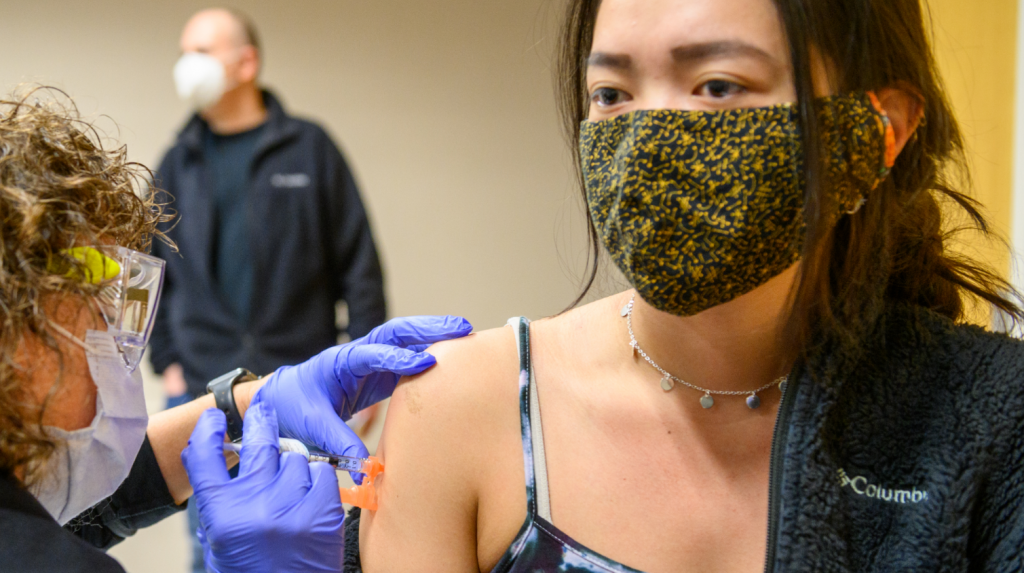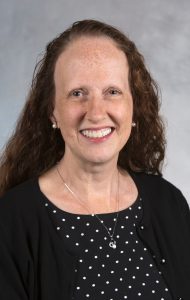
Vaccines In Arms, Not Freezers: Nurses Can Vaccinate America
The COVID-19 pandemic is one of the greatest challenges our country has ever faced: overwhelmed hospitals, distance schooling, and business, stores, and restaurants struggling to survive. But there is hope. We now have effective vaccines that can prevent the disease from spreading and save hundreds of thousands of lives here in the United States alone. As a nation, the challenge before us is to ensure that a critical mass of people across the country receive COVID-19 vaccines, and that they are given promptly, safely, and equitably to high-risk populations, including the most susceptible and most vulnerable.
Since Dec. 14, 2020, when an intensive care nurse in New York became the first American to receive a COVID-19 vaccine injection, 24 million vaccine doses have been shipped from Pfizer-BioNTech and Moderna. These vaccines provide a significant hope for closure to the pandemic that has claimed nearly 2 million lives worldwide, including more than 372,000 Americans — by far the largest toll of any nation. Of these 24 million doses, only 5 million have been administered to less than 2 percent of the U.S. population.
The Biden administration’s objective is to vaccinate more than 100 million people within the first 100 days of taking office. We have from Jan. 20 to May 1 to accomplish this task, which means that vaccines must be both available in communities and administered. Unfortunately, we are already behind. The reasons for this delay include not only issues such as vaccine and storage availability, inadequate planning and communication about vaccination opportunities, but also lack of trained staff to administer vaccines. We offer here a solution to this last challenge: nurses.
The 1947 smallpox epidemic in New York and the 2009 H1N1 pandemic both saw mass vaccination responses in which public health nurses played pivotal roles, implementing clinics and optimizing planning and operations. Nurses can do this again!
All nurses are licensed to give shots. Public health nurses are more broadly trained and have a proven track record in the planning and implementation of immunization campaign. Nurse educators in schools of nursing across the country train students to administer injections, and their students welcome the opportunity to practice their skills. Retired nurses have a wealth of experience and expertise to offer. With minimal just-in-time training necessary about the unique guidelines for managing COVID-19 vaccine distribution, they can be quickly mobilized to achieve the new President’s goal.
Nurses are well-equipped to follow established guidelines on vaccine distribution, to organize the immunization registry process, to assist in the coordination and set-up of administration facilities, to address recipients’ questions and concerns, to help educate the public, and to give the injections. Moreover, public health nurses partner actively with neighborhoods and across community, professional, and geographic boundaries to reach our nation’s vulnerable populations. As the most trusted profession, nurses can communicate effectively and advocate for mass vaccination so that we may reach the goal locally and regionally, and move us closer to the overarching objective of 100 million Americans vaccinated by May 1.
Political and public health leaders in every community must reach out to nurses who will answer the call to action and help our nation meet the vaccination goal for the benefit of our communities. This can be achieved by actively working with state nurse licensing boards to reach all licensed nurses in urban, suburban, and rural jurisdictions across America. Nurses who are not currently employed could be deployed to assist with COVID-19 vaccination efforts. Nurses can be easily identified and registered with state volunteer emergency personnel registries. These registries offer civil immunity and the opportunity for health care professionals to provide an alternative health care option, separate and apart from traditional health care organizations.
The Guilford County Health Department has reached out to the UNC Greensboro and North Carolina A&T State University nursing programs for faculty and student volunteers who are stepping up at this critical moment. Nurses can get those vaccines out of freezers and into arms!
Audrey Snyder, PhD, RN
Associate Dean for Experiential Learning
UNC Greensboro School of Nursing
